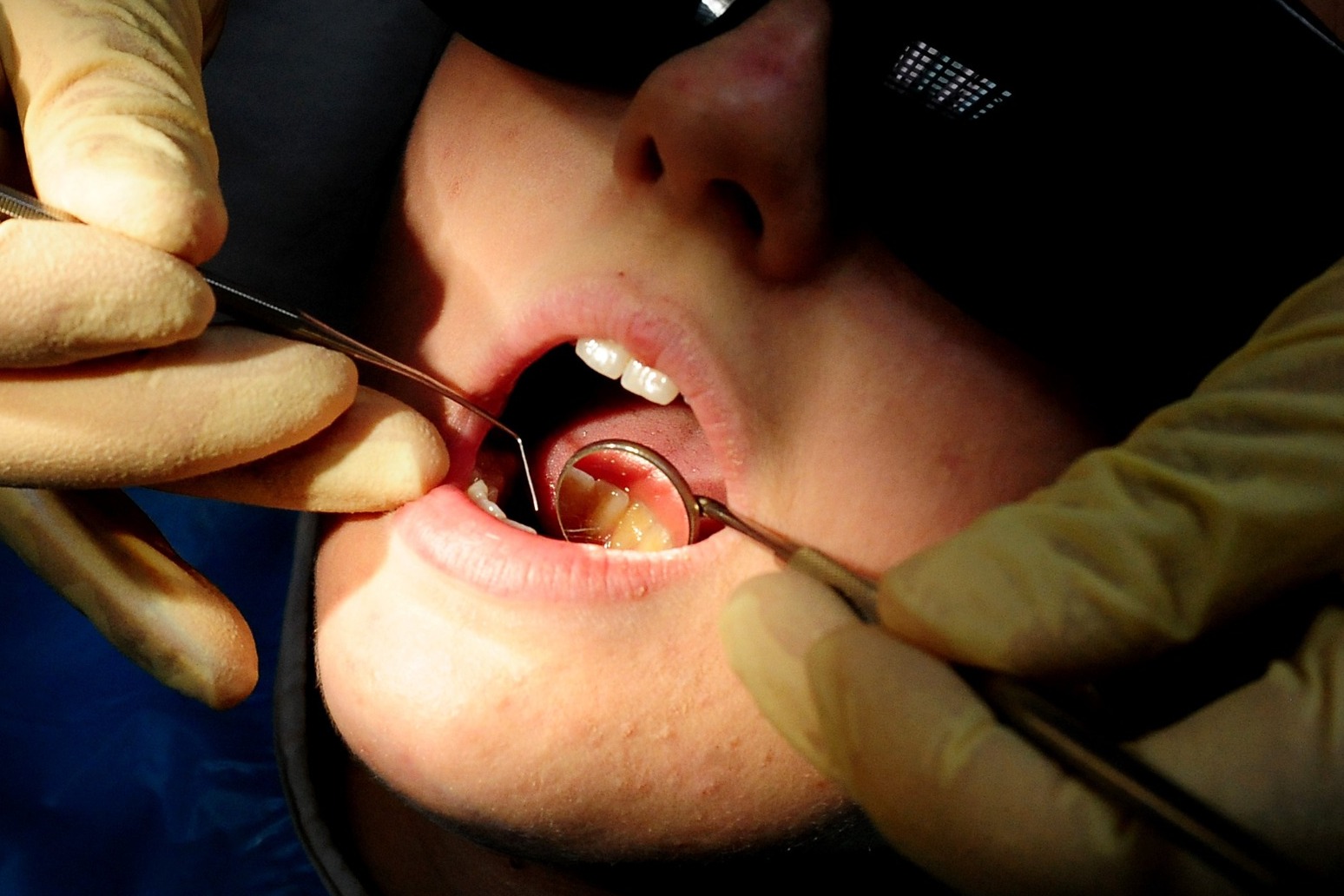This website uses cookies so that we can provide you with the best user experience possible. Cookie information is stored in your browser and performs functions such as recognising you when you return to our website and helping our team to understand which sections of the website you find most interesting and useful.
Tooth decay in children costing the NHS more than 40m a year
22/08/2020

Hospitals carried out almost 180 operations every day on children and teens last year to remove rotting teeth, costing the NHS more than £40 million.
The latest figures reveal there were 44,685 surgical procedures to remove more that one tooth in those aged 18 and under in England in 2018/19, with the majority driven by tooth decay.
This equates to 177 operations on each working day, and cost a total of £41.5 million – up from 38,208 multiple tooth extractions in 2012/13, which cost the NHS £27.4 million.
Local health officials now fear lockdown will drive up levels of tooth decay as youngsters snack on more sugary foods and drinks while stuck at home and community oral health programmes are interrupted.
The Local Government Association (LGA), which represents councils in England and Wales, predicts poorer communities will be the hardest hit.
On average, 23% of five-year-olds in England have had dental decay, rising to 34% in deprived areas and falling to 14% in wealthier communities, according to the most recent Public Health England figures.
The LGA is now calling for extra funding for oral hygiene programmes, and for the £700 million cut to local councils’ public health grant since 2015/16 to be reversed.
Ian Hudspeth, chairman of the LGA’s Community Wellbeing Board, said: “The fact that, due to the severity of the decay, 177 operations a day to remove multiple teeth in children and teenagers have to be done in a hospital is concerning and also adds to current pressures on the NHS.
“We need to do all we can to reduce how much sugar our children eat and drink, including investing in oral health education so that everyone understands the impact of sugar on teeth and the importance of a good oral hygiene regime.”
Mick Armstrong, chair of the British Dental Association, said: “It’s inevitable these figures will go from bad to worse, as lockdown diets, the suspension of public health programmes and the collapse in access take their toll.
“Government cannot remain a passive observer.
“Any retreat from public health activity will hit England’s most deprived communities. Ministers must ensure the prevention agenda does not become another casualty of this pandemic.”
Published: by Radio NewsHub



